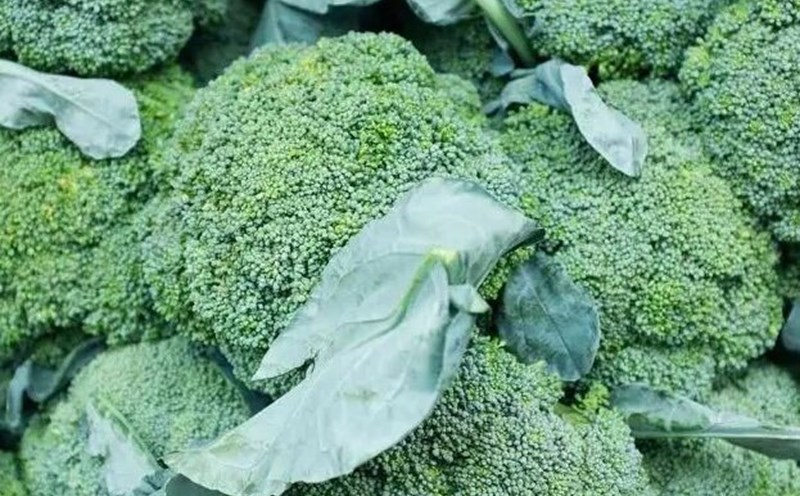Celery
Celery contains apigenin, a plant compound that has anti-inflammatory effects and helps to slightly lower liver enzymes in people with poor liver function.
Dr. Josh Axe, an American nutritionist, said: Celery juice is a popular choice in liver detox regimens, thanks to its rich antioxidant content and alkaline compounds, which help the liver function more effectively, especially during times when the liver is stressed by food or the environment.
Atiso
According to the University of Maryland Medical Center (UMMC, USA), artichokes contain cynarin and silymarin, two substances that can stimulate the liver and gallbladder, support fat digestion and protect liver cells from oxidants.
Dr. Brent Bau, an expert at the Mayo Clinic, said: Atiso can help reduce liver enzymes in people with non-alcoholic fatty liver disease, if used properly as part of a healthy diet.
However, he also recommends: do not consider artichokes as a "medicine" but take too much, especially avoid drinking thick artichoke tea every day if you have a history of low blood pressure.
Watermelon
Watermelon contains up to 90% water, rich in lycopene, an antioxidant that helps protect liver cells from damage caused by free radicals, while increasing the excretion of toxins through urine.
Liverpool International (2022) published research showing that a diet rich in lycopene is associated with a reduced risk of cirrhosis and chronic hepatitis. Watermelon also helps keep the body cool and reduce the risk of dehydration, which is very important for the liver to function well in the summer.
Amaranth
Beetroot is rich in natural betaine and nitrate, which support fat metabolism and improve liver function. The antioxidant betalain in beetroot also helps purify the blood, reduce inflammation and fight oxidative stress.
According to a report by the Institute of Clinical Medicine and Application of the Cleveland Clinic (USA): " Drinking diluted beetroot juice helps support blood circulation and promote liver detoxification, especially when the body is affected by unhealthy eating in the summer".
Papaya
Ripe papaya contains the enzyme papain, which helps support digestion and reduce the burden on the liver. In addition, it also provides vitamins C, E, beta-carotene, which can slow down liver cell damage and reduce the risk of fatty liver.
The Journal of Nutritional Biochemistry (2020) said: Sols and tropical fruits rich in antioxidants can help improve inflammation and fatty liver markers in patients with metabolic syndrome.











